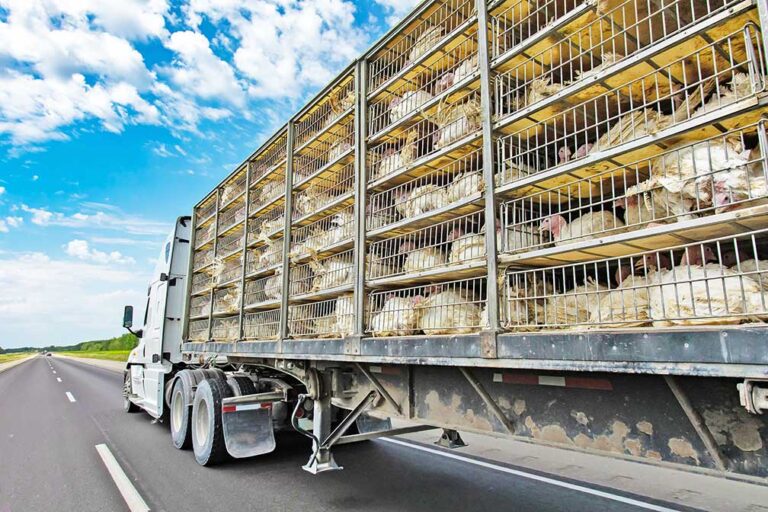WASHINGTON — The Federal Motor Carrier Safety Administration (FMCSA) has extended its emergency declaration related to the COVID-19 pandemic and the relief help provided by the trucking industry.
The declaration, which is now set to expire on Aug. 31, provides regulatory relief for truckers providing direct assistance with the delivery of emergency supplies.
“Direct assistance,” according to the FMCSA, means transportation and other relief services provided by a motor carrier or its driver(s) incident to the immediate restoration of essential services (such as medical care) or essential supplies related to COVID-19 during the emergency.”
Building materials for those displaced by COVID-19 are no longer considered qualifying loads, according to the FMCSA; however, heating oil has been added to the list of exempted loads.
Other loads qualifying for the federal relief include:
- Livestock and livestock feed;
- Medical supplies and equipment related to the testing, diagnosis and treatment of COVID-19;
- Vaccines, constituent products, and medical supplies and equipment, including ancillary supplies/kits for the administration of vaccines, related to the prevention of COVID-19;
- Supplies and equipment necessary for community safety, sanitation, and prevention of community transmission of COVID-19, such as masks, gloves, hand sanitizer, soap and disinfectants;
- Food, paper products and other groceries for emergency restocking of distribution centers or stores; and
- Gasoline, diesel, jet fuel, ethyl alcohol and heating fuel, including propane, natural gas and heating oil.
FMCSA’s prevision extension was set to expire on May 31.
The most recent version of the emergency declaration provides an exemption only from the Federal Motor Carrier Safety Regulations’ 395.3, which sets a maximum driving time for property-carrying vehicles.
Past declarations covered parts 390-399 of the FMCSR with some exceptions. The exemption no longer covers 395.8(a), 395.8(k) and 395.11 related to driver’s records of duty status, supporting documents and retention of driver’s records of duty status and supporting documents, as well as subpart B of part 395 related to electronic logging devices.
The federal waiver has been in effect in some form since March 2020.
The Trucker News Staff produces engaging content for not only TheTrucker.com, but also The Trucker Newspaper, which has been serving the trucking industry for more than 30 years. With a focus on drivers, the Trucker News Staff aims to provide relevant, objective content pertaining to the trucking segment of the transportation industry. The Trucker News Staff is based in Little Rock, Arkansas.











